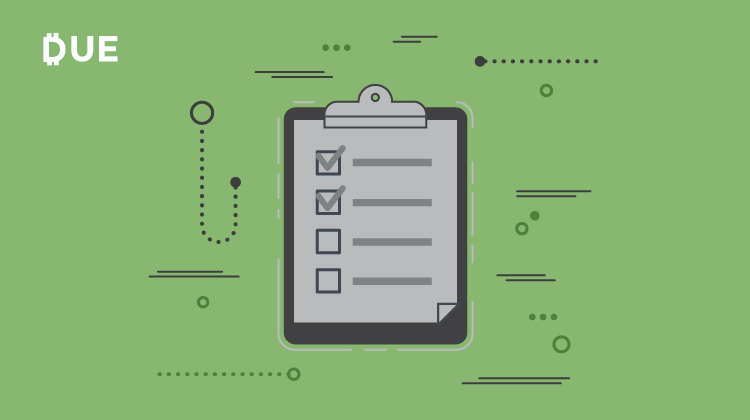For many people, it can be hard to get back into a routine after attending a conference. You have to unpack, do laundry, catch up with what happened while you were away in addition to trying to incorporate what you just learned.
Table of Contents
ToggleHere are some tips to make it easier to get back on track with regular work responsibilities using a task list.
1. Treat items on your list like triage
Create two lists. Write down what needs to be handled right away on one. Then make a separate list of everything that you need to accomplish in the coming weeks or later down the road.
Even jot down any new ideas that are swimming around in your head that you want to capture before you forget. For example, maybe you’re hoping to take a stab at Facebook Live, sign up for a new invoicing software or just clean up your LinkedIn profile. Gather up all of these ideas.
Once more pressing items are handled from the first task list, look over the second task list and try to estimate when you can realistically attend to the tasks by writing a month next to each item. Then start to devote effort to the most important items in the current month.
2. Take the Steven Covey approach to handling correspondence
You might have received many messages via text, email, social media, etc. Look through them strategically and decide who to get back to right away. It might be tempting to answer whichever message you find first. Hold off answering until you determine what a top priority is.
In the book the Seven Habits of Highly Effective People, the author emphasized prioritizing task management by importance and urgency. He came up with four categories to provide a decision-making framework. It aids in quickly deciding what to take care of right away, what can wait and what you can potentially avoid altogether.
Start by tackling the first category that he labeled urgent and important. Then move on to the next one that he called important but not urgent items.
Urgent and important items are fast approaching deadlines or anything that has to be handled right away. This could be handling a bill, a message from a boss or any information you might need to submit by a particular day. They might also be potential revenue generating tasks such as a prospective client contacting you. You’ll want to follow up quickly.
Important but not urgent items can easily be pushed to the side but are just as important. This might be cleaning out your inbox in general, setting up your new invoicing software or improving your public relations strategy. These are items you know you have to do but might put off because it’s not an emergency.
Add the people you need to reach to your list as well as any emails that require action on your part before you respond. Also, avoid attending to anything that’s urgent but not important and items that are not important or urgent. Doing this will just waste your time or hold you back from staying focused.
3. Push back deadlines
Unfortunately, when you’re backlogged something has to give. Reschedule any deadlines, appointments or projects that can wait. If people reach out to you with requests that you can’t handle right now, ask the person to get back to you at a later date. It can take any additional tasks or responsibilities off of your plate and leave it up to the other person to circle back.
The Bottom Line
Being strategic with what you do first can make a big difference in how well you recover after returning from a business conference. Follow the tips mentioned to handle what needs immediate attention and what can wait. It will help you ease back into your workflow while making sure things don’t fall apart.











